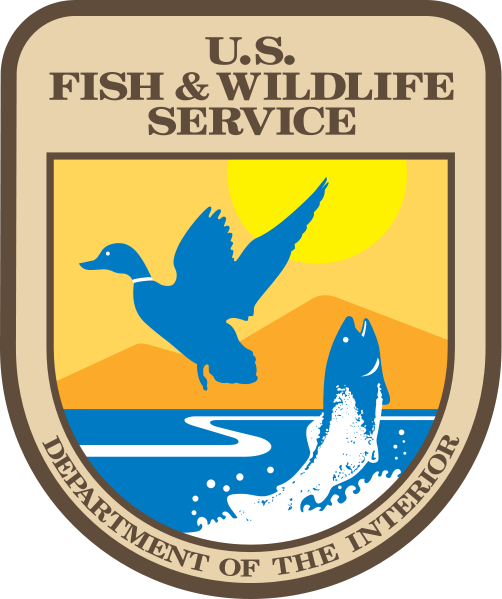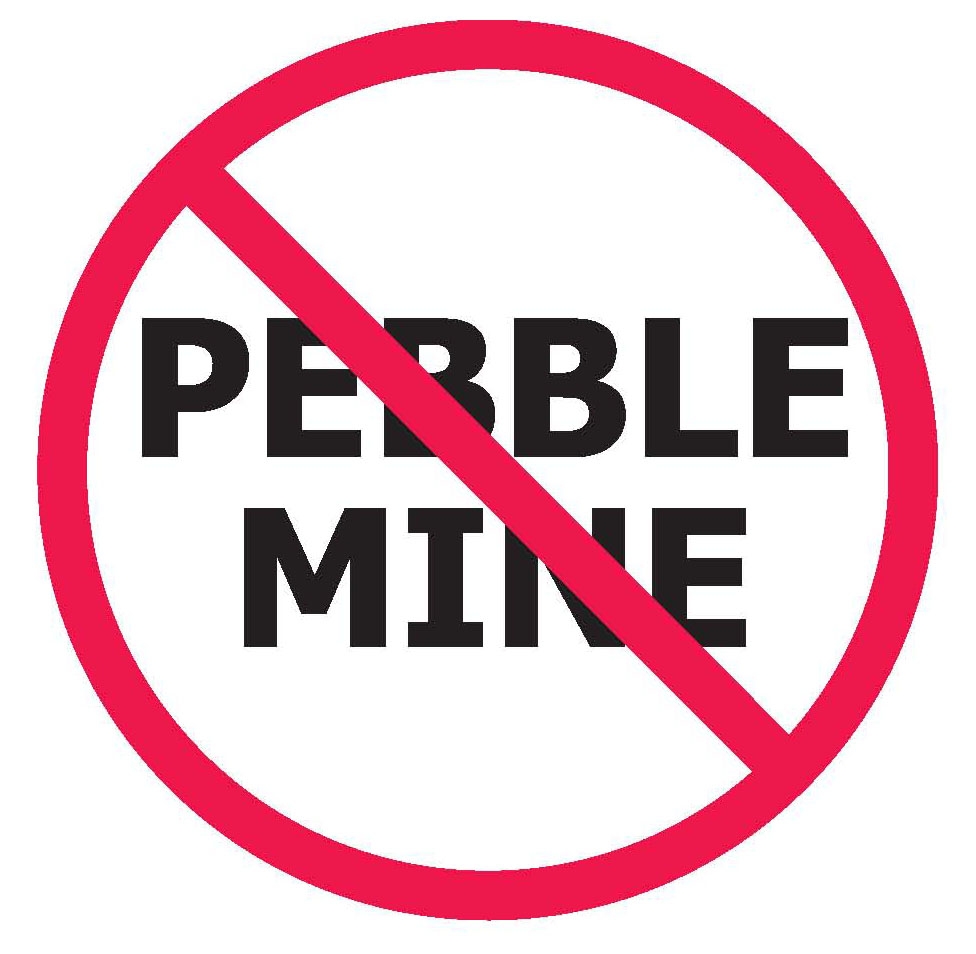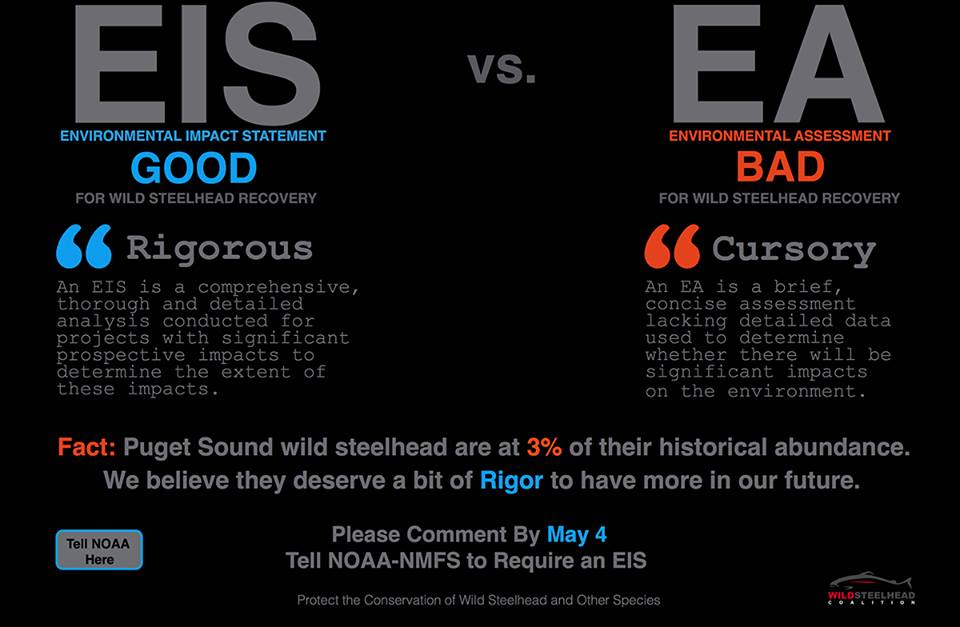FWS Bull Trout Coordinator Explains New Recovery Plan
 Thursday, June 4, 2015 at 12:00AM
Thursday, June 4, 2015 at 12:00AM 
One of the authors of a new plan to save the threatened bull Trout in Montana says that’s not an easy task, nor is measuring what it will take to get the fish off of the endangered species list.
LINK (via: Montana Public Radio)
 bull trout,
bull trout,  fish in the news in
fish in the news in  Conservation,
Conservation,  Environment,
Environment,  Species
Species 











